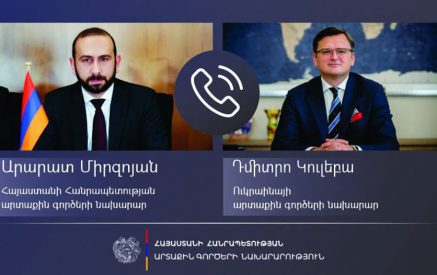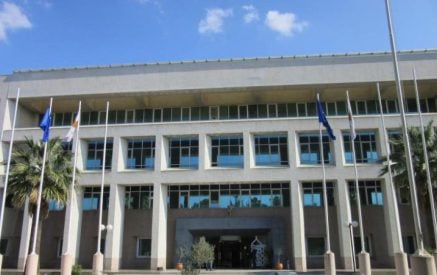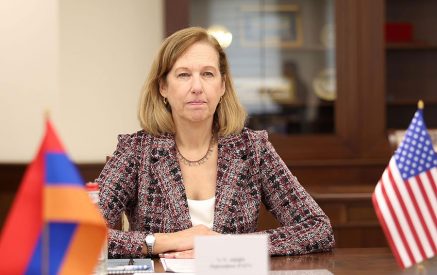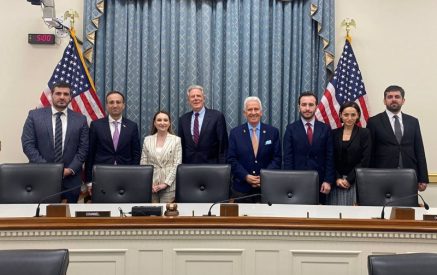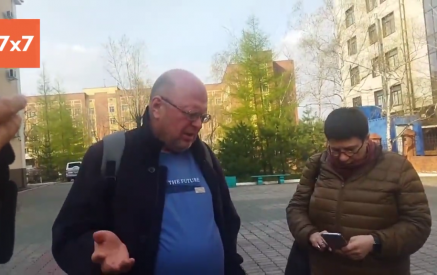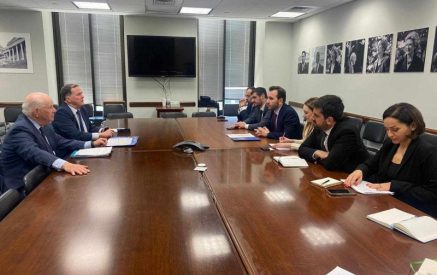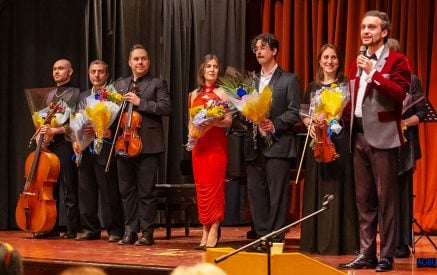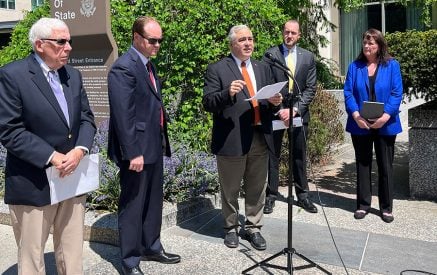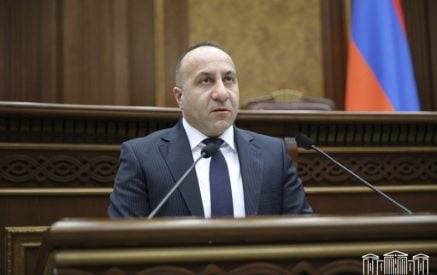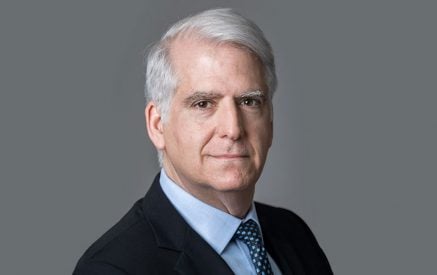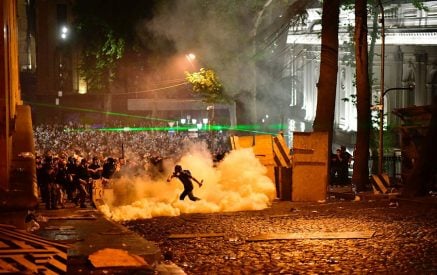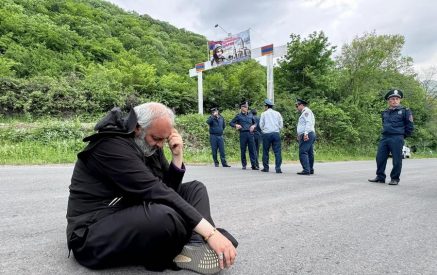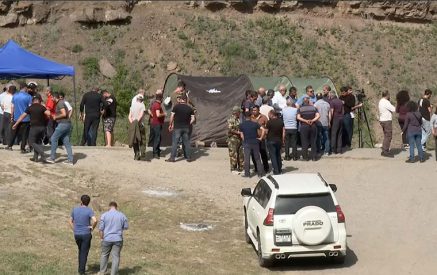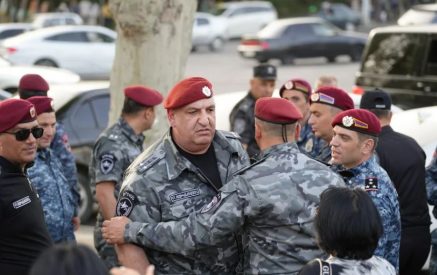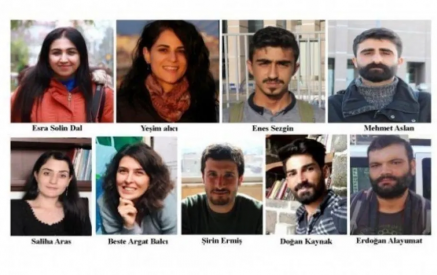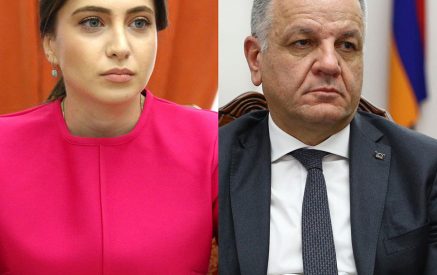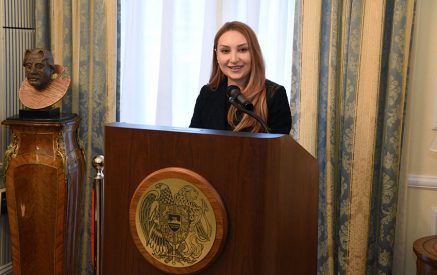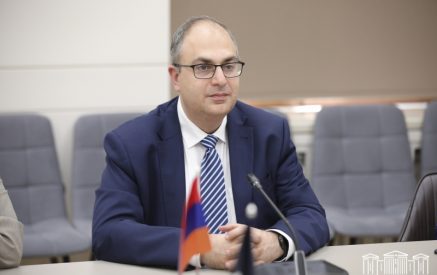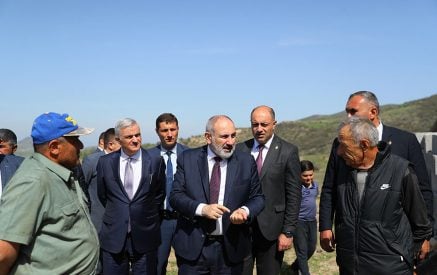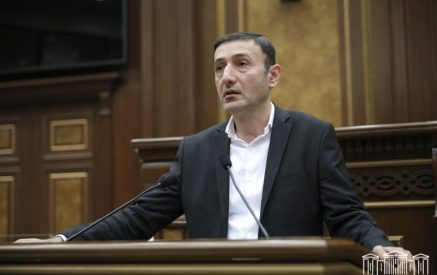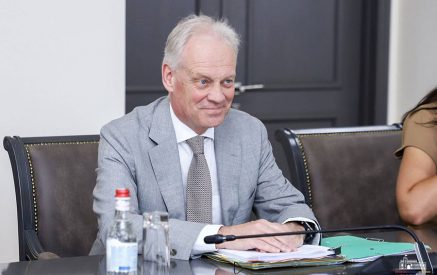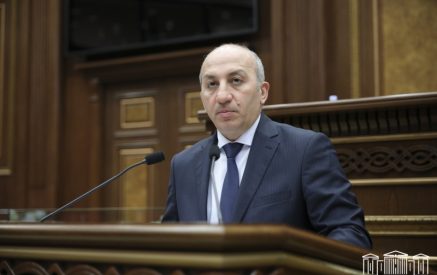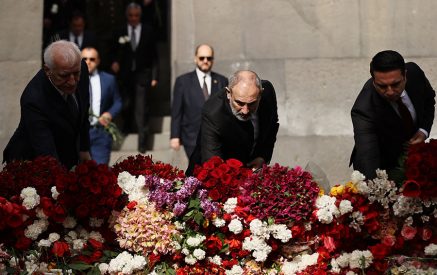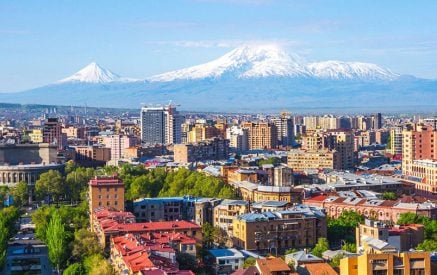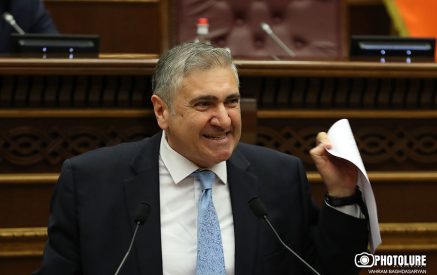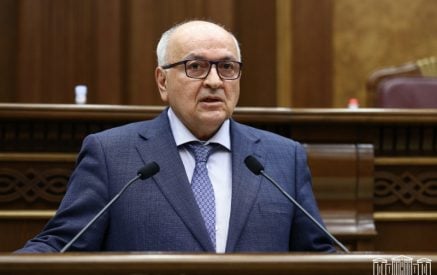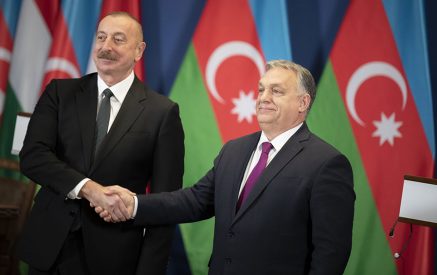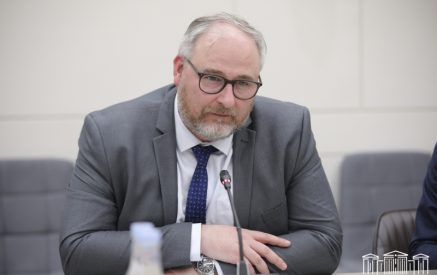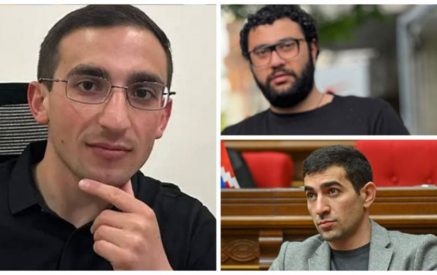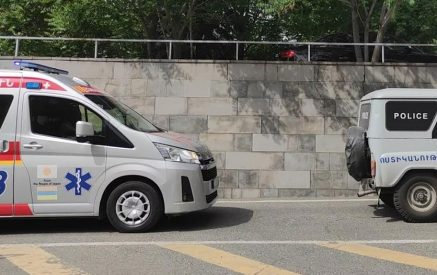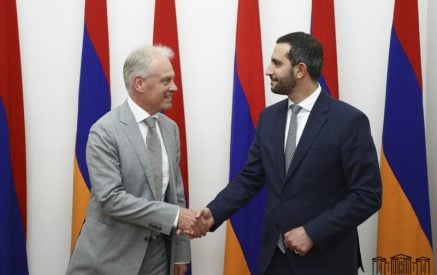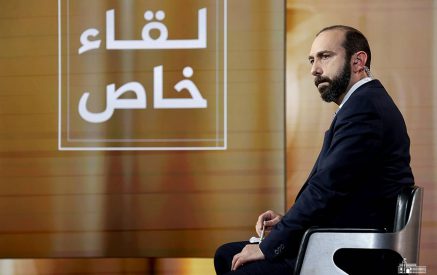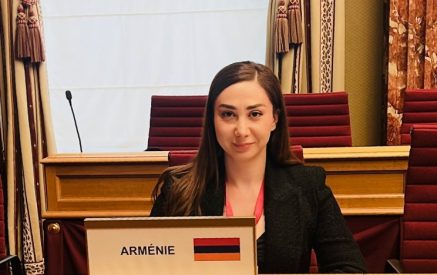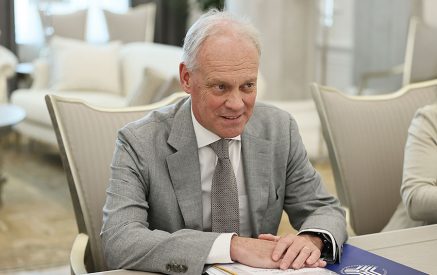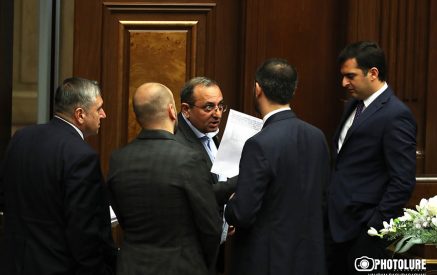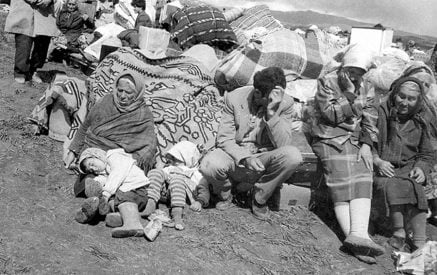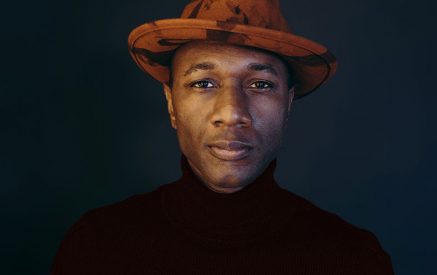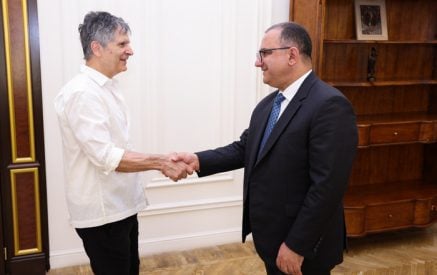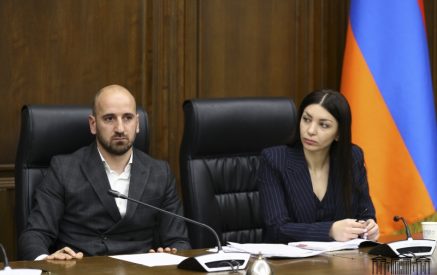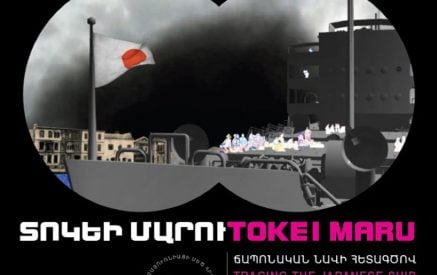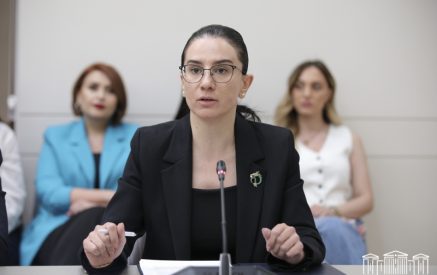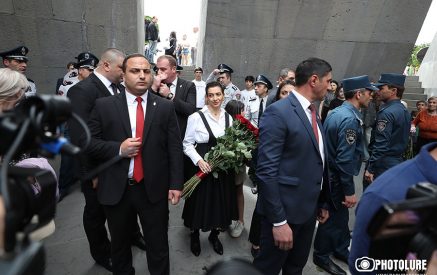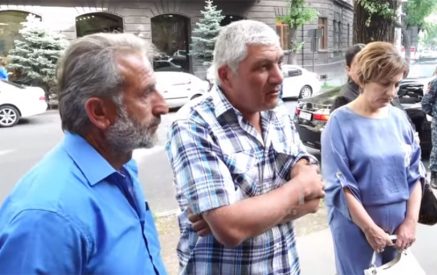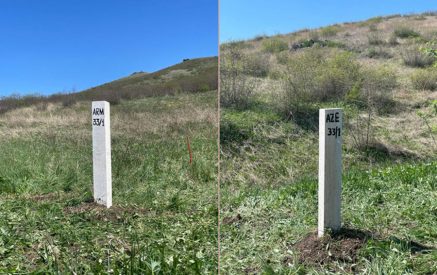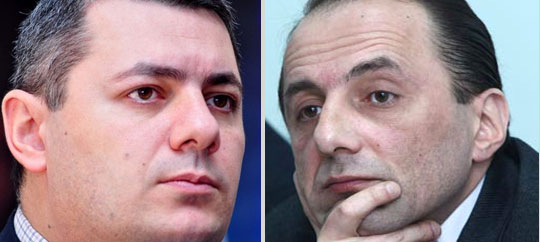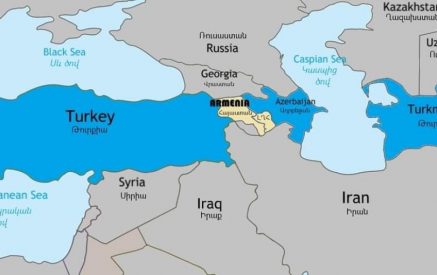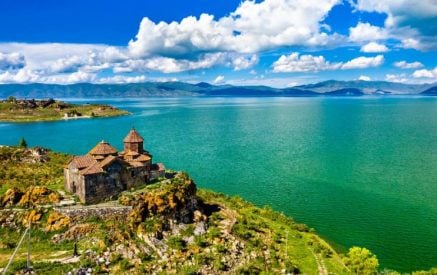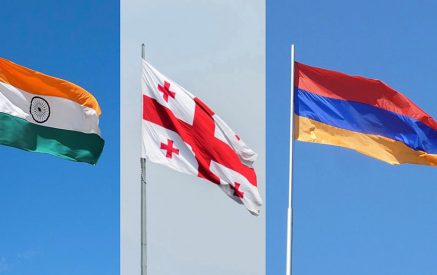Štefan Füle, the European Commissioner for Enlargement and European Neighborhood Policy, stated in Brussels yesterday: “There is no doubt about this; Armenia has made major progress recently. There are fundamental documents that have been handed over to the Armenian government, and I am sure that they take into account also some of our instructions and remarks. And we can already start discussing issues related to organization of that conference.” www.aravot.am inquired during a conversation with political scientists what reasons Š. Füle had to make such a statement, particularly given the fact that the Armenian opposition has raised a serious tide of protest after the election. Ruben Mehrabyan, an expert of the Center for Political and International Studies, described Füle’s observation as objective and went into detail: “If we compare the situation with 2008, then the idea that was expressed is correct. However, there are a lot of things to do, about which Füle also stated. And besides, the appeal that he made about revealing the events of March 1 testifies to the fact that the Republic of Armenia is still on the way to democracy.” Mr. Mehrabyan noted that one could not compare the current atmosphere with that of 2008; moreover, there had prisoners of conscience at the time, now we have only the Armenian National Congress (ANC) youths, which was a tendency that stemmed from that time. R. Mehrabyan expressed hope that the government will be so farsighted as to just release them, in orde that there is no such talk anymore. That Š. Füle didn’t talk about the steps of the Armenian opposition, Mr. Mehrabyan explained: “But what does the opposition do for Füle
to talk about it? What should Füle talk about? What demands are made? They told him to give power to them, and he doesn’t want to; that’s it.” R. Mehrabyan thinks that an opportunity has been offered for the first time in the history of the Republic of Armenia to sign the Political Association and Free Trade Agreements, which will bring about irreversible positive changes in the Republic of Armenia, in 2013-2014. Our interlocutor thinks that against that background, it doesn’t matter who is in power in the Republic of Armenia and which government makes those moves. R. Mehrabyan notes: “We should realize that this is responsibility for reuniting with the West. The whole system of government is covered with dirt, but it is our system, our dirt, and we have to clean it. They can only offer, ‘If you want, you can clean, if you don’t, you can remain covered with dirt.’ No one will do that in our stead.” Talking about the steps of the opposition, Sergey Minasyan, a political scientist and the deputy director of the Caucasus Institute, in his turn, stated: “There is still no trust in elections in the Republic of Armenia in the post-Soviet period. Therefore, it is understandable that the idea of the opposition is to criticize the government. However, since the institution of election is quite unreliable in the Republic of Armenia – there are rather serious reasons for that, and the experience of the past two decades is not so successful – then it is a good opportunity for any opposition force to explain its failures not by political issues or political conditions, but by rigged elections.” That Füle called for reinvestigating the events of March 1, S. Minasyan doesn’t think that there is any intention here to put the government under pressure and explains: “One can finally turn that page for our country, government, and society, only if those events are discussed honestly and openly. It is not political criticism; it is also in our country’s interests.” In conclusion, the deputy director of the Caucasus Institute pointed out a few factors that could make the European Commissioner for Enlargement and European Neighborhood Policy think like that. “The reason is the objective progress that has been made. At the end of the day, the 2013 election differed from the 2008 election at least a little. And naturally, it played a role. However, it is not ideal yet, and we will still have those problems for many years, if not decades.”
Tatev HARUTYUNYAN

